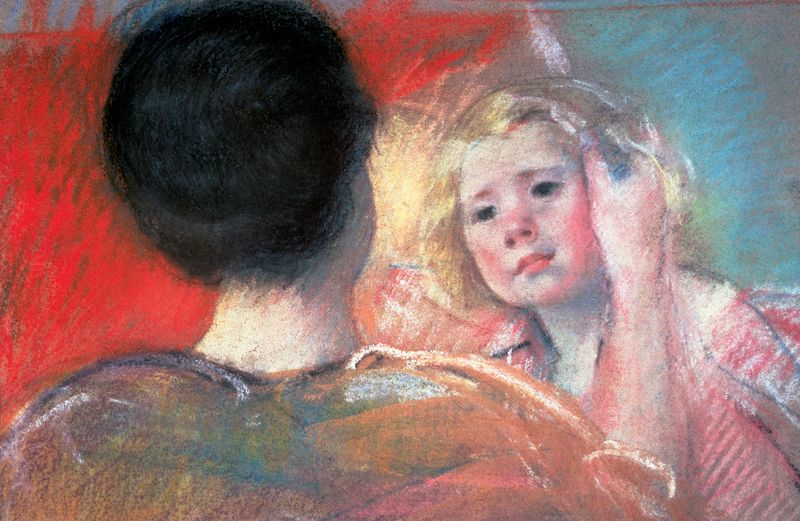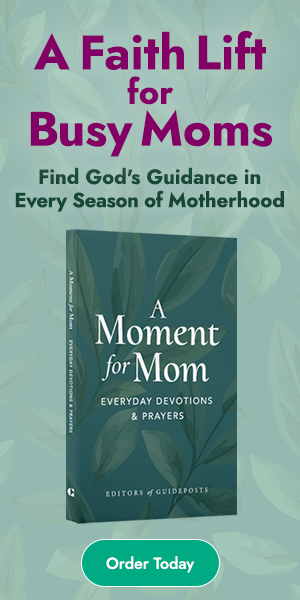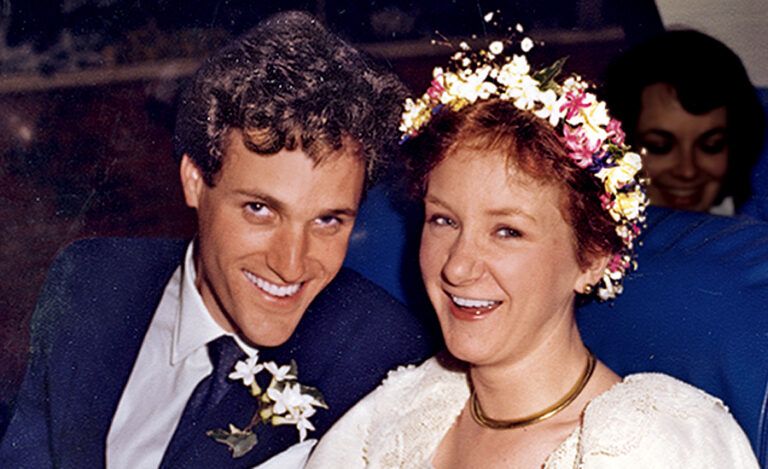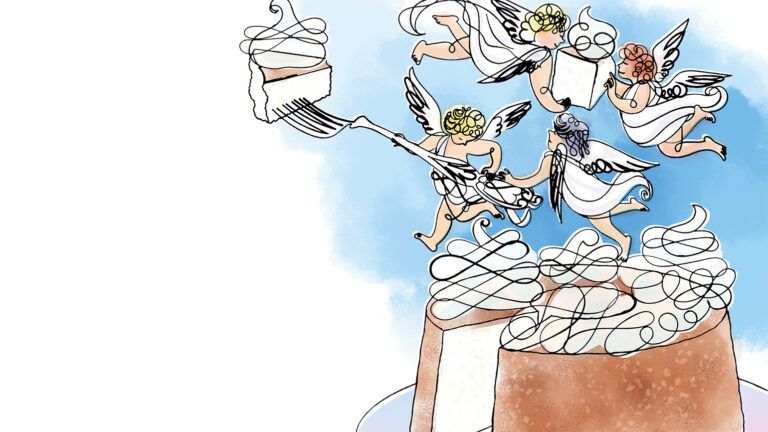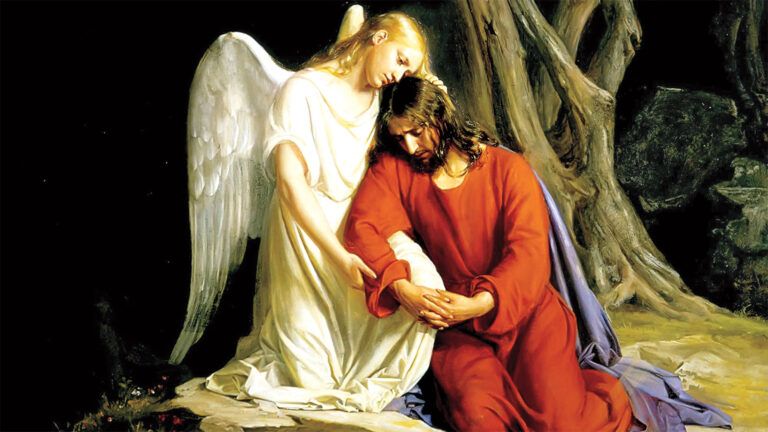Every nurse in my unit was interested in the handsome new medical resident and his funny stories–except me. This morning, while he regaled the staff with tales of the crazy bag lady that lived on his block, I kept my back turned.
“So this morning I go out to get the paper,” he said, “and there she is as usual with her grocery cart. Only now it’s got a baby cradle in it!”
“Why does she need a cradle?” someone asked.
“Who knows,” he said. “But she was pushing it right down Madison Avenue.”
“A bag lady?” a nurse said. “On Madison Avenue?”
I stood apart from the crowd, checking a patient chart two, three, even four times, keeping my head down so nobody would notice how red my face was. Part of me wanted to tell them all the truth.
“That’s my mother you’re laughing at! She’s the kindest person in the whole world! And that cradle isn’t for her, it’s for her neighbor’s new grandbaby!”
But I didn’t say anything. I just kept silent, like always.
Growing up, I never could have imagined being afraid to talk about my mother. Not the polished lady in snazzy, fur-trimmed suits. Or the teacher who earned her master’s degree in the 1940s when women didn’t do such things.
But that woman no longer existed. A few years before, Mom had slipped going down the porch steps and required brain surgery. She survived, but not without severe changes to her personality.
Her fashionable suits were replaced by the same ragged green sweater and tennis shoes full of holes. She no longer worked as a teacher, just walked the neighborhood with an old grocery cart.
The laughter of my coworkers was still ringing in my ears that fall evening when I stopped by to check on her. I found her in her “office”–two feet of space around her living room sofa–sifting through a pile of receipts from the grocery store. Eight frozen turkeys lay on the floor at her feet. She looked upset.
“What’s wrong, Mom?”
“I spent more than I planned on,” she said. “But there are people on this block who can’t afford to buy a Thanksgiving turkey.”
This was the one part of Mom’s personality that her accident didn’t touch: her desire to help others. She’d gone door-to-door for the March of Dimes, brought comfort foods to sick neighbors, and kept a basket of cards stamped and at the ready for anyone needing encouragement.
These days Mom focused on her own personal “grocery ministry.” With money from her meager pension, she made sure everyone on her block had enough to eat, delivering the groceries herself with her battered steel grocery cart. The same cart our handsome new medical resident found so ridiculous.
“Why do you bother with all this, Mom?” I said, nudging a frozen turkey with my toe. “People don’t even appreciate it. Remember that time you went all over town looking for ingredients your neighbor needed to make a special dinner for her family? She didn’t even say thank you.”
“When people act that way, it’s their heart telling you they need even more kindness,” Mom said.
What could I say? Mom’s accident had taken away her logic. How she could be so patient with other people was a complete mystery to me.
That very mystery was brought home a few weeks later. I was helping out at a bridal shower for a friend of a friend. The guests were well-dressed, polished and intimidating, and the hostess herself turned out to be beyond rude.
She snapped at me for putting too much ice in the punch, and criticized the way I laid out napkins. If that was her heart trying to tell me she needed more kindness, I wasn’t going to listen. Mom had the luxury of being oblivious to the laughs and stares at her expense. I didn’t.
After all, here I was, just trying to do a favor for a friend. I silently served the ladies cake, vowing to be more choosy about where I offered my help. As soon as I could, I retreated back to the punch bowl. Mom was lucky she had angels protecting her from the petty meanness in the world.
I hoped to stay invisible for the rest of the party for fear I might scream. But suddenly all eyes were on me. The finest dressed guest of all had wrapped on her cup with a spoon and pointed. “Roberta,” she said. “I just realized who your mother is!”
I cringed, waiting for the “funny” story that would surely follow.
“An old family friend is a retired teacher over on Madison Avenue,” the woman started. “She can’t get out anymore and was afraid she’d have to go into a rest home.” The guests whispered among themselves. They all knew someone in a similar position.
“Roberta’s mother is a lifesaver. She brings in everything–groceries, medicine, you name it. We call her the Angel of Madison Avenue!” She waited until everyone–even the very snobbish hostess–acknowledged Mother’s kindness. Then, they congratulated me on being her daughter.
As soon as the party was over I rushed to visit Mom. “I wish you could have been there!” I told her. “Everyone said how lucky I am to have a mother like you.”
“Really?” said Mom. She sounded surprised. “You know, most people who see me with my grocery cart just laugh and stare.”
Now I had to laugh. Mom had known what people thought all along. She just didn’t let it stop her from doing good. And why should it? Where was the logic in that?
As the proud daughter of the Angel of Madison Avenue, I try to keep the tradition alive. I am very choosy, you see, about offering my help. I choose to offer it as often as I can.
Download your FREE ebook, Angel Sightings: 7 Inspirational Stories About Heavenly Angels and Everyday Angels on Earth
